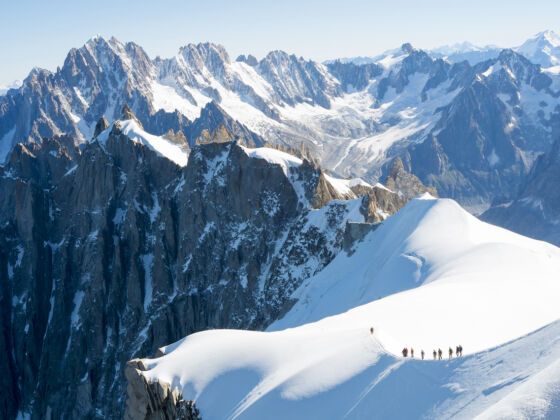David Roberts sounds like he’s talking about mountaineering when he describes the highs and lows of his career as a writer.
“Writing isn’t fun, but it sure is gratifying when it works,” Roberts says. “It’s not like making a nice move climbing — that’s fun.”
Roberts, 69, is the author of 25 nonfiction books. His latest, Alone on the Ice, is an account of Australian explorer Douglas Mawson’s 1913 scientific expedition to Antarctica, a lesser-known adventurer of the era. Mawson’s scientific research has been overshadowed in history books by the Norwegian team that was the first to reach the South Pole and Earnest Shackleton’s Antarctic expeditions.
